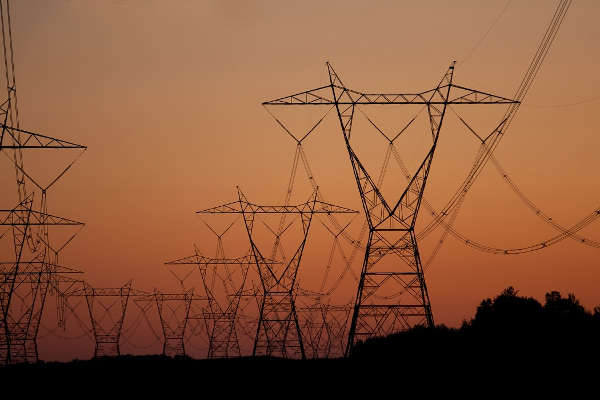A recently published article by the Washington Post explains how scientists are engaged in an increasingly bitter and personal feud over how much power the United States can get from renewable sources.
A large group of these researchers are taking aim at a popular publication that claimed the country could move beyond fossil fuels entirely by 2055, as being “contentious”.
Now a new paper argues that they “used invalid modeling tools, contained modeling errors, and made implausible and inadequately supported assumptions.”
“We thought we had to write a peer reviewed piece to highlight some of the mistakes and have a broader discussion about what we really need to fight climate change,” said lead study author Christopher Clack of the National Oceanic and Atmospheric Administration’s Earth System Research Laboratory.
“And we felt the only way to do it in a fair and unbiased way was to go through peer review and have external referees vet it to make sure we’re not saying anything that’s untrue in our piece.”
“The debate is crucial”, writes Chris Mooney of the Washington Post, “while it’s great to talk about wind and solar in theory, the reality is that the electrons that they generate have to be sent through wires and transmission stations to satisfy needs at particular places and at particular times…which remains a mostly unsolved problem right now”.
Vice also covers what it describes as “one of the most vitriolic fights in science publishing”, and MIT technology review also covers the story.












Comments